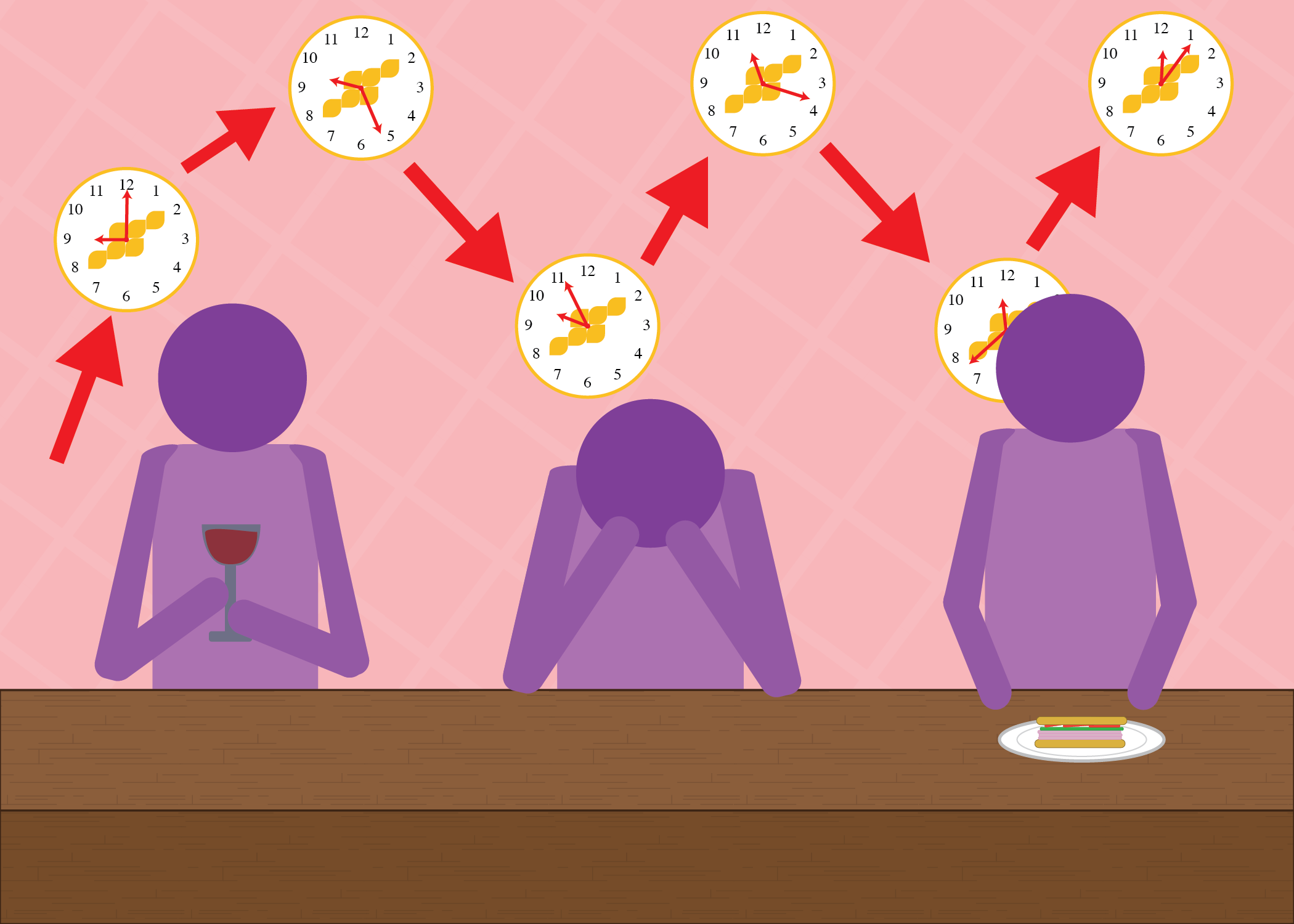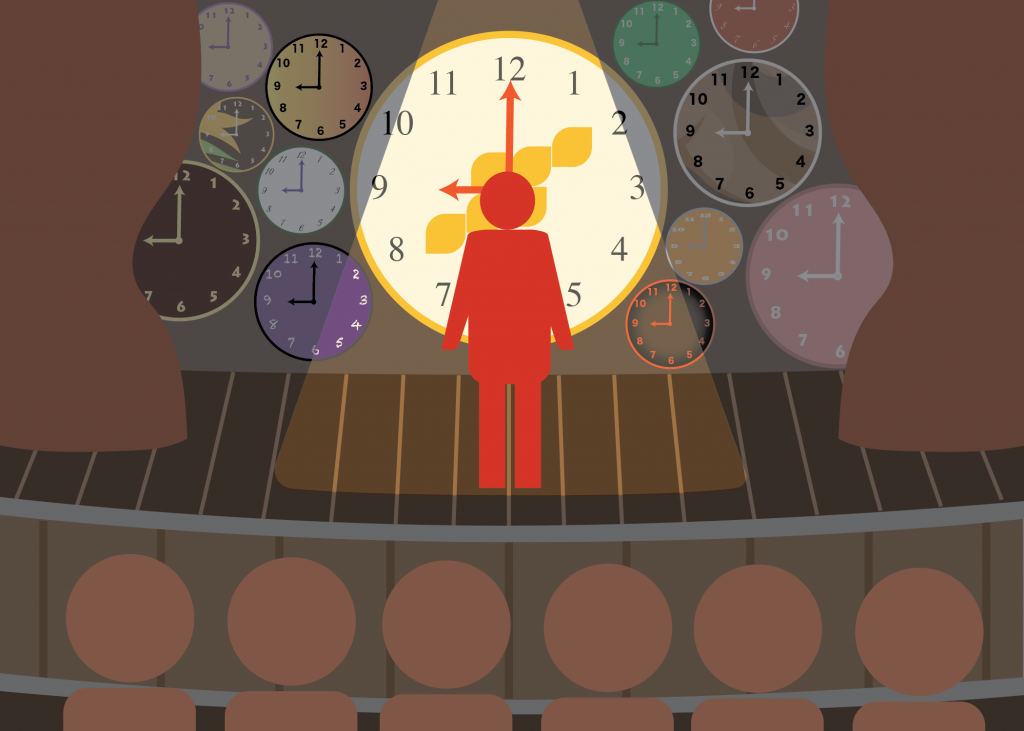 Gam ze y’avor (Hebrew for this too shall pass), I hear my grandma calmly say over the phone, referencing a famous expression penned by Medieval, Sufi poet Rumi. Being back home, I had decided to call my grandma to check in with her, worrying that she may be more frightened than I because of COVID-19. However, while I had originally intended on supporting my grandma, the conversation quickly turned into my grandma supporting me.
Gam ze y’avor (Hebrew for this too shall pass), I hear my grandma calmly say over the phone, referencing a famous expression penned by Medieval, Sufi poet Rumi. Being back home, I had decided to call my grandma to check in with her, worrying that she may be more frightened than I because of COVID-19. However, while I had originally intended on supporting my grandma, the conversation quickly turned into my grandma supporting me.
I suppose I wasn’t the best at hiding my fear amid the uncertainty that has enveloped the Duke community recently. My expression of my frustrated confusion was met with my grandma saying, “worse things have happened, and, while the situation is not ideal, in some time things will return to normal. In the interim, be grateful for being back at home with family, and make the best of your blessings.” I knew my grandma was correct. Positivity and perspective in stressful times is are invaluable assets.
I have found conversations with friends and family particularly helpful in processing what will become, as my friend puts it “the new normal, for now.” In another conversation with a fellow Duke undergraduate, I was surprised to hear how well he was adjusting to the changing situation. “There is no point in being upset; that won’t help. Instead, I am smiling, laughing with family, and trying to readjust my purpose. I am now refocusing my lifestyle to accommodate these new circumstances,” he explained. I admired his perspective, thinking his strong sense of resilience. My friend further explained that he was already in touch with the Wellness Center, and intended to continue his weekly Moment of Mindfulness programming through Zoom, brining Duke students together virtually, when being together physically is not an option. Someone else asked me for feedback on a document outlining possible ways to maintain Duke community remotely that she and some of her friends spent hours drafting. This creativity inspired me to challenged myself to find my new normal amid a forced change in lifestyle. I am now in the process of meeting that challenge, and like my friend, I remain excited to see where the universe will take me. Creativity, excitement and laughter are good ways to turn worry into happiness, and preoccupation into occupation.
In other conversations with Duke staff and faculty (which have become personal mentors), I recognized the strength of relationships that I had formed throughout my time at Duke. One staff member offered to mail my essential belongings, and another offered their home as a place to stay, if needed. Many of my professors, both current and former, reached out to personally check-in offering themselves as a resource to process recent events. One professor even asked for my physical address because he wanted to mail me a book.
The support that any community provides its members shines strongest in times of distress. Emergencies become both the hardest and the most supportive times. I am so grateful for the support that I have received and given recently. Recalling the advice from my grandma, I realized that although “this too shall pass,” the memory of the support that I have received from and given to others will not. While there is a temporality of any crisis, there is a permanence to the memories and relationships that are formed during it.
In short, I am taking grandma’s advice, in the hopes that I can make her proud. Amid the ongoing uncertainty, I will do my best to maintain perspective and positivity. I will live up to the challenge that my friends have presented: to embrace the excitement and creativity inherent to adjusting to the new normal, and, I will treasure the support that I receive and that I can give. Gratitude plays a crucial role in times like these, and, I remain incredibly grateful for the support of people in my life.




 There are moments in life that the entire world seems to create the impossible. Our environment bends to our will and the path of least resistance merges with the path of purpose both sweeping us along for the ride. This was one of those moments. Paulo Coelho famously writes “when you truly want something, the entire universe conspires to help you.” This summer helped me appreciate what he meant.
There are moments in life that the entire world seems to create the impossible. Our environment bends to our will and the path of least resistance merges with the path of purpose both sweeping us along for the ride. This was one of those moments. Paulo Coelho famously writes “when you truly want something, the entire universe conspires to help you.” This summer helped me appreciate what he meant.